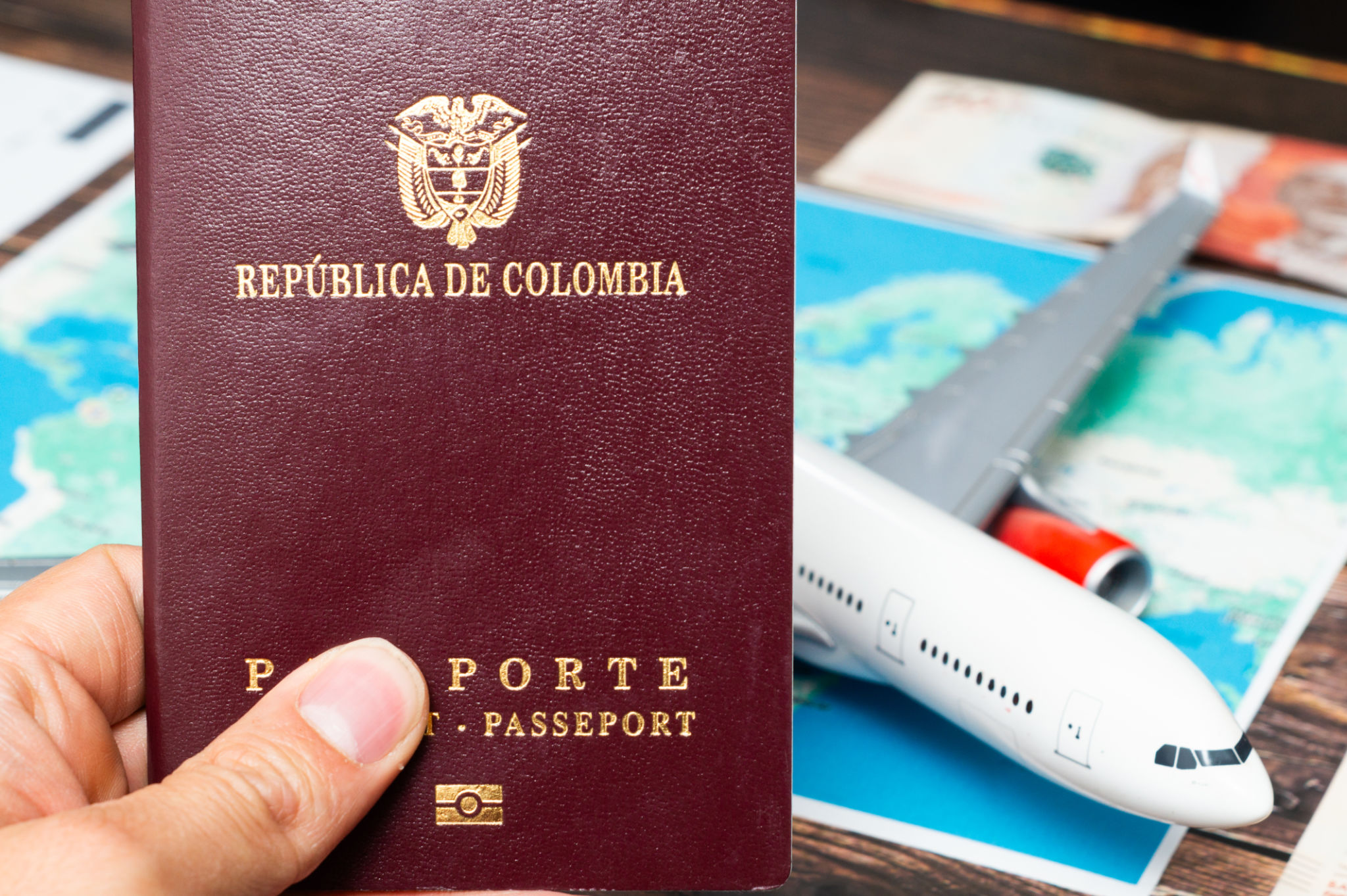Debunking Myths About Dual Nationality in Vanuatu
JS
Understanding Dual Nationality in Vanuatu
Dual nationality, or dual citizenship, refers to the status of an individual who is a citizen of two countries simultaneously. In Vanuatu, this concept is often surrounded by misconceptions and myths. Here, we aim to clarify common misunderstandings and provide a clearer picture of what dual nationality entails for Vanuatu citizens.

Myth 1: Dual Nationality Is Not Allowed in Vanuatu
One prevalent myth is that Vanuatu does not permit dual nationality. However, this is untrue. Vanuatu's Citizenship Act was amended in 2013 to allow dual citizenship, recognizing the benefits it can bring to individuals and the nation. This change has opened up opportunities for those who wish to retain ties to multiple countries.
The amendment was a significant move towards modernizing Vanuatu's approach to citizenship, aligning with global trends that recognize the interconnectedness of today's world. This allows individuals to maintain personal and economic connections across borders without having to choose between their identities.
Myth 2: Dual Nationals Must Fulfill Military Obligations
Another common misconception is that dual nationals are required to fulfill military obligations in both countries. In reality, Vanuatu does not have a standing military force, so there are no compulsory military service requirements for its citizens. For those who hold dual nationality with a country that does have such obligations, it is essential to understand the specific laws of that country.

It's important to consult legal experts or government resources in both countries if you are concerned about military obligations. Each nation has its own rules and exemptions regarding this matter, and understanding them can help you navigate your responsibilities effectively.
Myth 3: Dual Nationals Cannot Vote
A third myth is that dual nationals are not permitted to vote in Vanuatu. The fact is, citizens of Vanuatu, regardless of whether they hold another nationality, retain their right to vote in national elections. Voting rights are a fundamental aspect of citizenship, and holding dual nationality does not diminish these rights.
However, it’s crucial to be aware of the voting regulations in both nations where you hold citizenship. Some countries may have restrictions or require you to declare your primary country of residence to vote in national elections.

Benefits of Dual Nationality
Beyond debunking myths, it's important to highlight the advantages of dual nationality. For individuals, it can mean greater freedom of movement, access to social services in both countries, and broader employment opportunities. For Vanuatu, embracing dual nationality can enhance cultural diversity and strengthen international relations.
Additionally, dual nationals can serve as bridges between their two nations, fostering economic ties and cultural exchanges. This broad perspective can be invaluable in a globalized world where cross-border collaboration is increasingly necessary.
Legal Considerations
While the benefits are numerous, dual nationals should remain aware of potential legal complexities. Tax obligations, legal responsibilities, and citizenship laws can vary significantly between countries. It’s advisable for individuals considering or holding dual nationality to seek legal counsel to ensure compliance with all relevant laws.
Being informed and proactive about these responsibilities can prevent potential conflicts or misunderstandings that could arise from holding multiple citizenships.
Conclusion
In summary, dual nationality in Vanuatu is a viable option with many advantages, dispelling myths that suggest otherwise. It reflects an evolving understanding of identity and citizenship in a global context. As long as individuals remain informed about their rights and obligations, they can enjoy the benefits that come with being a citizen of more than one country.
